Is there no romance left in Beethoven?
mainWelcome to the 29th work in the Slipped Disc/Idagio Beethoven Edition
Romances, op 40 and 50 (1798-1803)
The two romances for violin and orchestra that Beethoven slipped out around the turn of the 19th century were, in effect, dry runs, for the violin concerto that would soon outface everything else in its genre. Each around eight minutes long, they feature a hummable main theme, followed by some manageable adumbrations.
Why did Beethoven need to fumble around with these experiments. Probably because he was unsure of the instrument and its capabilities. His own instrument was the piano and, although he had played viola as a teenager in a Bonn orchestra, it left him in awe of the leader of the strings family and, to a degree, uneasy about tackling it.
Not that you would hear that from the ease with which the pieces are played today, usually as sweetmeats in a mixed-bag concert menu. Perhaps the most charming and laidback of these modern accounts is by the Canadian James Ehnes with the Royal Liverpool Philharmonic Orchestra, conducted by Andrew Manze, an occasion in which everyone seems to be smiling at their work. The son of a trumpet professor and a ballerina, Ehnes always seems to have more leaps in his locker than he will ever need to use. Not many modern recordings make you want to rush out, as this one does, to hear the artist in the concert hall. Liza Ferschtman, a volin whisperer if ever there was one, is another I’d want to hear live, just to see if she can get away with such soft playing in a large room.
The vastness of the ex-EMI archives allows us to access the earliest western recording of the first Romance, by an Italian violinist, Gioconda de Vito, in 1948. Opionion divides about De Vito. Rival violinists deprecated her wavery tone and critics accused her of more inaccuracies than she actually committed. Around the time of this recording she married EMI’s classical boss David Bicknell, which brought her to the attention of Wilhelm Furtwängler, who exploited the connection and asked to make recordings with her. In this set, with Alberto Erede conducting, she is at her loveliest and most immaculate. She played an early Stradivarius, on loan from the Italian state.
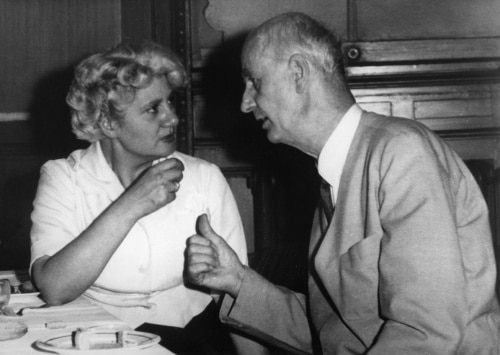
The two Romances give an opportunity to hear the Oistrakhs, father and son, side by side. David Oistrakh, the supreme Soviet-era violinist, was one of those rare interepreters who convinced you at first hearing that a work could not be played any other way but his. He immersed himself in Beethoven and expressed the composer’s ideas with an authority that was as unassuming as it was incontrovertible. He is heard to best effect in a 1961 studio session in London with Eugene Goossens and the Royal Philharmonic Orchestra. Igor Oistrakh inherited some of his father mannerisms, without his serenity. I hear something pedagogic in his playing, as if he’s trying to tramsit a family legacy, but there’s no mistaking the nobility of his style and the security of his tone in this recording with a Moscow college orchestra and Arnold Katz.
You will not want to miss Heifetz with Steinberg (1951), Menuhin with Furtwängler (1953) or Christian Ferras with Leopold Ludwig (1955) – the kind of aristocratic playing we shall never hear again. I’m disappointed to find missing from Idagio the 1975 Nathan Milstein recordings with the Philharmonia and Harry Blech, the very acme of elegance.
In the present century, the Romances are practically owned by Anne-Sophie Mutter who has the knack of turning them into a coffee-morning conversation with orchestra and audience, a very rare gift that I have witnessed in Berlin, and in New York, where she made this quite indispensable recording with Kurt Masur and the Philharmonic. Listen and wonder. She speaks Beethoven for our time.
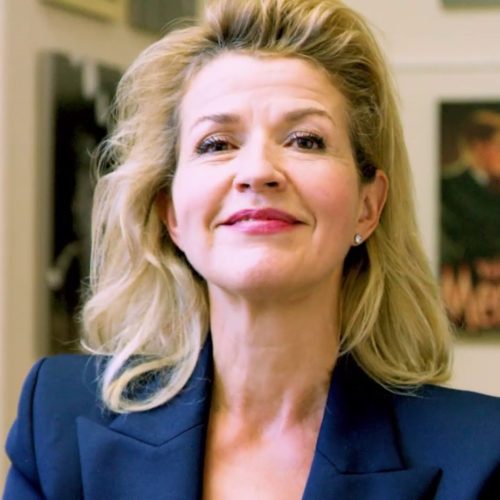

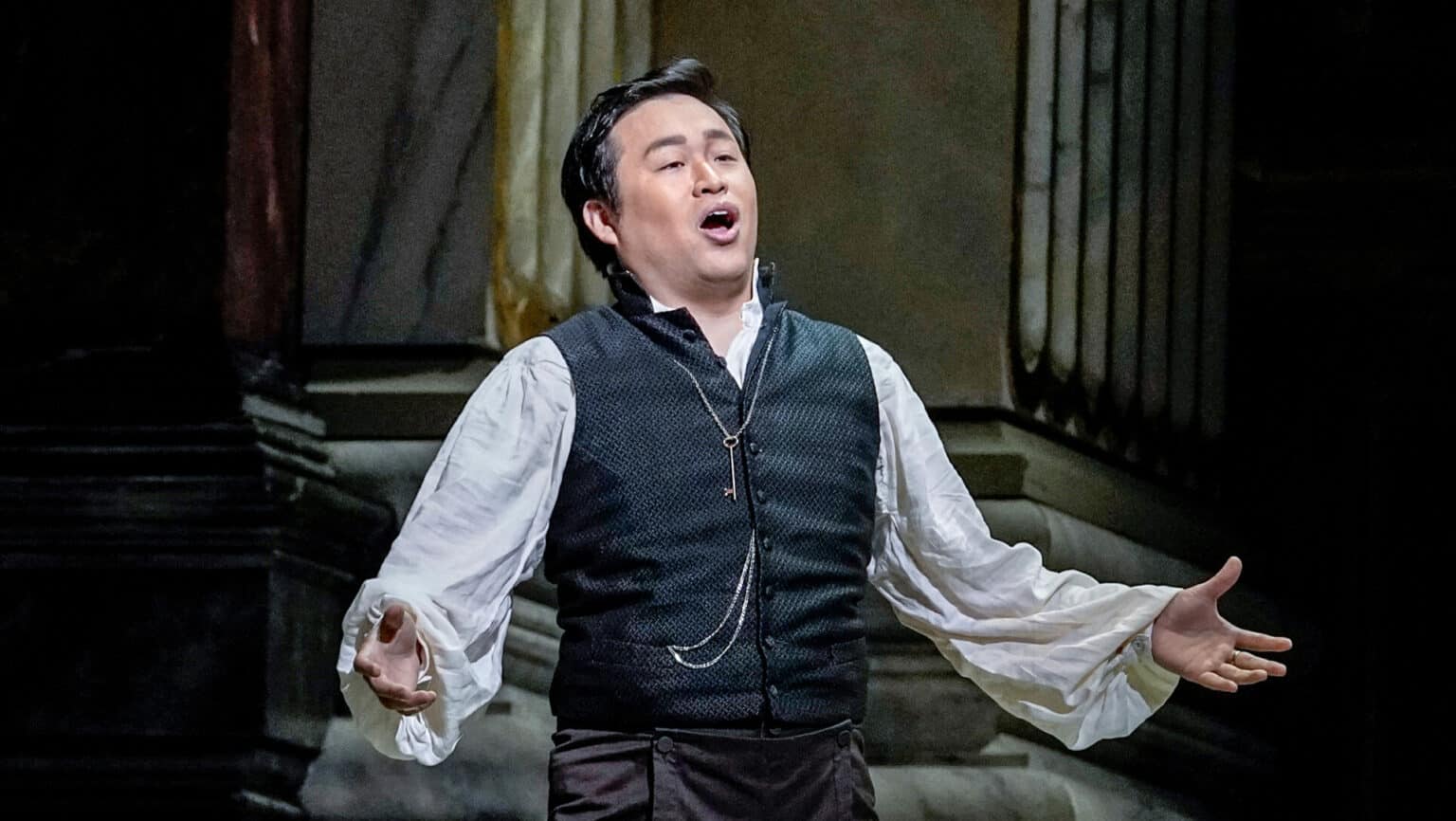

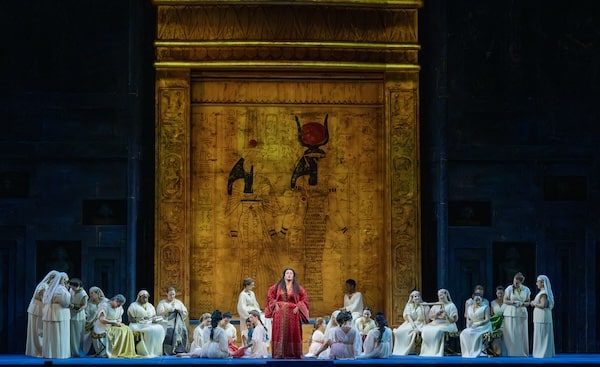
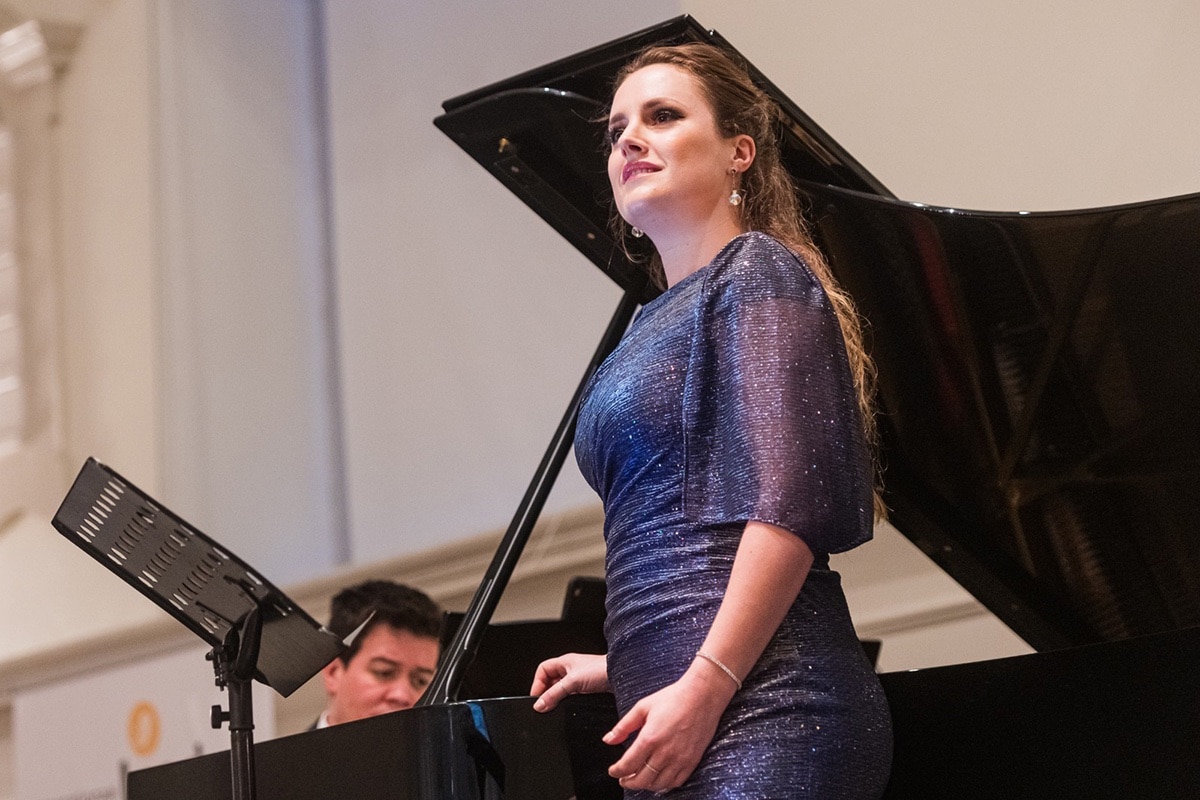
Good stuff but you missed lots. How about I. Perlman with Daniel Barenboim’s Berlin Philharmonic?
Or the great David Oistrakh with Eugene Gossens and the Royal Philharmonic? Or Yehudi Menuhin and Adrian Boult?
There are more too.
Read again, there’s a significant mention of the Oistrakh
A great historic performance: Adolf Busch with WOR Radio Orchestra, Alfred Wallenstein conducting. The same recording has the Beethoven Violin Concerto.
Busch was THE leading German violinist of his day (1930’s and 40’s) and often recorded with Rudolf Serkin. He was also Peter Serkin’s Grandfather.
Milstein, Heifetz, Menuhin.
Grumiaux with Edo de Waart is supremely elegant, not to be missed.
Zino Francescatti?
For those interested in musical curiosities, YouTube features what is called the earliest known recording of Beethoven’s music, a fragment of the F major Romance Op. 50 played by a violinist named Krahmer, with piano. Waxed for Edison in 1889! About the nicest thing I can say is that I hear far more of the Beethoven Romance in this antique recording than I hear of the Hungarian Dance in the famous Brahms cylinder.
When SD was discussing the violin concerto I was pleased to see so much praise for Josef Wolfsthal (1899-1931), a violinist I discovered only because I was sent recordings to review for Fanfare magazine. Just as his acoustical recording of the Beethoven Concerto, preserved on a Biddulph CD, was issued just as electrical recordings made it obsolete, he also recorded the Romance in F, op 50, in 1925. Charles Haynes’s notes for the Pearl CD (GEMM CD 9387) speculate that it had a catalog life of a few weeks, months at most, and thus is very rare. The Pearl CD has the electrical remake of the Concerto that was praised by NL and others, including me.
I would agree, in general, with those who say Oistrakh is unsurpassed in this music. The version I listen to most often is on Supraphon with the Czech Philharmonic under Karel Ančerl in 1954. While King David has just the right touch of repose and backbone, Prince Igor’s 1956 recording of both Romances with Franz Konwitschny and the Gewandhaus is one of his nicest recordings. It’s another good choice.
There was also mention of Oscar Shumsky’s recording of the Concerto; it includes the F Major Romance. What a pity they did not do the G Major. Fortunately, the Josef Suk/Sir Adrian Boult version of the Concerto which came in for deserved praise (cadenzas by Váša Příhoda), is, on my EMI CD, coupled with the two Romances conducted by Marriner. All are 1970 recordings, so this is Suk in his prime.
Marriner also conducted Dmitry Sitkovetsky in the Concerto and both Romances for Virgin Classics, recorded in 1991. For me, Sitkovetsky is among the violinists in the “digital age” who most approaches the basic Oistrakh manner.
Somewhat more heated in style and tone, but beautifully played, is the Shmuel Ashkenasi recording with the Zurich Chamber Orchestra and Edmond de Stoutz. A Tudor CD, also with the Mozart Concerto K 219, so it is rather paltry timing. Ashkenasi, an Israeli, was a Zimbalist pupil. Most probably think of him as a quartet violinist, or, now that the Vermeer Quartet has disbanded, as a teacher.
I first heard the Romances on 10″ LP from Holland with Theo Olof and Krebbers. Menuhin and Furtwaengler were an unexpected luxury, along with their Bartok, Mendelssohn, Brahms, and Beethoven concertos.
Lovely work,rarely heard but then always gratefully.
Boskovsky?